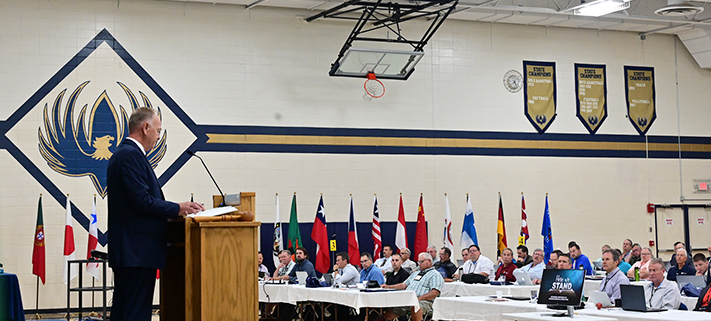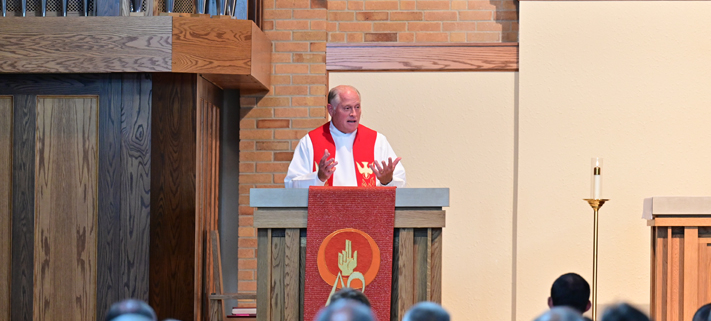WELS Congregational Services addressed convention delegates this year via a video summary of the work it’s doing to help congregations carry out local ministry.
Mr. Jim Rademan, director of the Commission on Lutheran Schools, began by thanking educators and families for their dedication to sharing Jesus with the 41,000 students in WELS’ early childhood ministries, Lutheran elementary schools, and high schools during the particularly trying year.
In his update he reported that recently retired principal Jim Sievert accepted a call to serve part time in leading school consulting services for congregations seeking to start a school or to shore up a school that is struggling. In addition, he shared a new opportunity for school leaders: “I’m excited to announce new partners who assist us with providing skills and support for current school leaders. Through a generous grant from the Kern Foundation and partnership with Milwaukee School of Engineering, early childhood directors, principals, and school leaders can earn a business certificate designed specifically for school leaders. We pray this unique program will enhance their leadership skills; increase leader retention; and God-willing, grow their school’s impact in their community.”
Rev. Jim Behringer, director of the Commission on Special Ministries, followed. He began by saying, “Special Ministries helps congregations serve individuals with disabilities, struggles, and special circumstances, people who can’t be served in the usual way churches function. We encourage Christian love in action.”
Behringer reviewed the myriad ways groups within Special Ministries carry out this calling. This includes the Mission for the Visually Impaired producing materials in digital audio formats and Braille; WELS Military Services reaching more service members due to an increased response to the online referral form; a new group, Light for Parents, formed for parents of children with extraordinary needs; and Freedom for the Captives encouraging all churches to adopt abuse prevention policies and take the Standing Up For Children Training to recognize and prevent abuse and protect children.
Introducing the Commission on Evangelism, Director Rev. Eric Roecker says, “Our culture is experiencing a radical shift in its attitude towards religion. Fewer and fewer people are growing up as active members of a Christian congregation. More and more people see the church as irrelevant at best, harmful at worst. We believe this means it will be even more important going forward for the members of our congregations to be encouraged and equipped for personal evangelism. The reason? While unchurched people may not trust churches, they do tend to trust their Christian friends and neighbors.”
To help congregations and members cultivate a culture of personal outreach, WELS Evangelism has made a number of resources available.
- Everyone Outreach is designed to help a congregation build a culture of outreach so that every ministry and every member is thinking about and participating in outreach.
- Let’s Go encourages and equips Christians to become more comfortable and confident in their personal witnessing. Let’s Go dials in the conversation from “what can the congregation do for outreach” to “how can I talk to my friends and neighbors about Jesus.”
- The One by One Bible study is based on Rev. David Rosenau’s keynote presentation at the 2020 WELS National Conference on Lutheran Leadership.
Roecker also announced a new Bible study, titled In Season and Out of Season, will be released this fall. Using St. Paul’s evangelism efforts in Philippi as an example, this Bible study encourages Christians to be ready to share their faith whether it is convenient or inconvenient, expected or unexpected.
Rev. Donn Dobberstein, director of the Commission on Discipleship, describes what discipleship is: “It’s a believer’s walk in Christ, from life’s first cry to final breath. It’s the life of the Christian whether at their home or at their church. It’s our unique callings as men and women, children and teens, and young adults. It’s singles, parents, spouses. It’s healthy living in Christ.”
Resources range from the brief, weekly Marriage Moments videos to youth Bible studies to Catechism class models to women’s ministry resources.
In response to how worship life changed during the pandemic, Discipleship released God’s People Gather. The pandemic forced many congregations to pivot to online worship. God’s People Gather provides resources that help churches put together a congregation-specific plan that reaches out to the various types of members who have not yet returned to church. Access videos, elder encouragement, Bible study, worship plan, and event ideas at welscongregationalservices.net/gods-people-gather.
A God-Lived Life is a whole-life challenge to God’s people to live the life to which he has called them. The hope is that being challenged in specific ways will urge them to put into practice a closer walk with God and a life of love toward others. The goal of A God-Lived Life is to encourage greater growth in four key areas: a life of being a disciple, a life of service for others, a life of hospitality for all, and a life lived shrewdly.
Rev. Bryan Gerlach, director of the Commission on Worship, reported on its work for the soon-to-be-available Christian Worship: Hymnal.
Gerlach introduced Year C planning tool to coincide with the new hymnal. “It gives guidance on introducing new liturgy songs and hymns that fit the new lectionary. The Year C planner will also save time for pastors. It provides both seasonal themes and themes for each Sunday. The planner is coordinated with comprehensive resources for worship, evangelism, and discipleship.”
He also reported on the upcoming National Hymnal Week, Sept. 19–26, which has been designed to celebrate worship and introduce churches to the new hymnal. The new hymnals are not needed to participate. Resources are available at welscongregationalservices.net/national-hymnal-week. Congregations interested in participating can subscribe to receive updates.
Rev. Jonathan Hein, director of the WELS Commission on Congregational Counseling, reports, “In 2020, for the first time in American history, the number of Americans who claimed they had a church home dropped below 50 percent. Virtually every Christian denomination is in statistical decline. We are not immune. Last year, one WELS church closed about every five weeks. How do we face these challenges? What is our strategy for conducting ministry in a post-Christian America? What, if anything, can we do about the growing hostility toward religion? Those are the types of topics we will be discussing at the second WELS National Conference on Lutheran Leadership, which we are planning to hold in Chicago in January of 2023.”
WELS Congregational Services is committed to building a library of resources to strengthen WELS congregations’ ministries and members. More information can be found at welscongregationalservices.net.

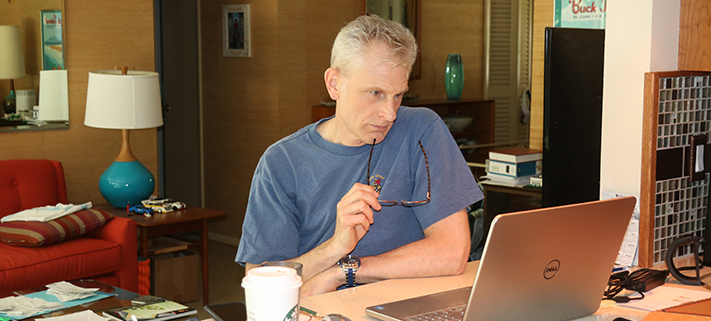
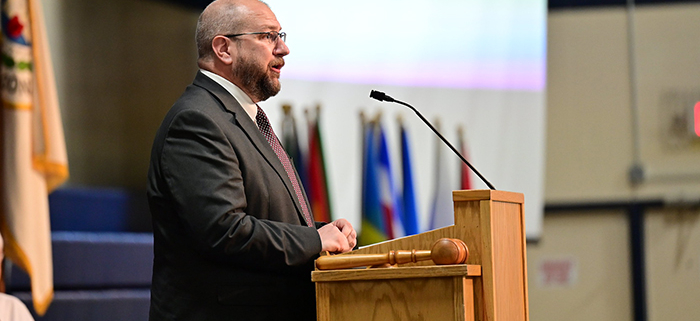
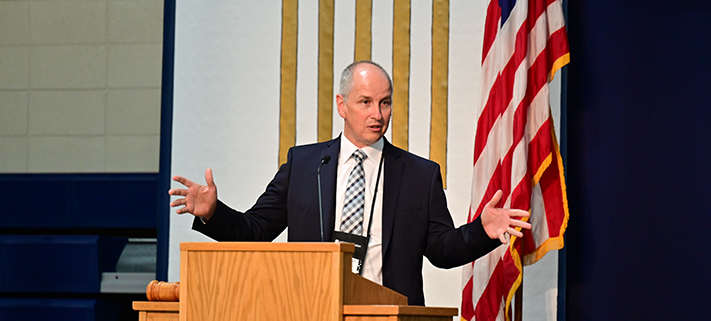
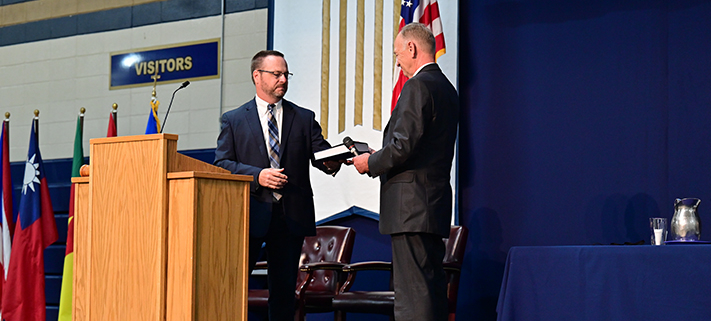
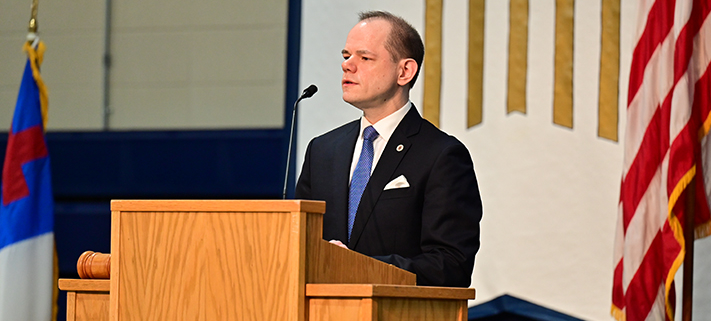
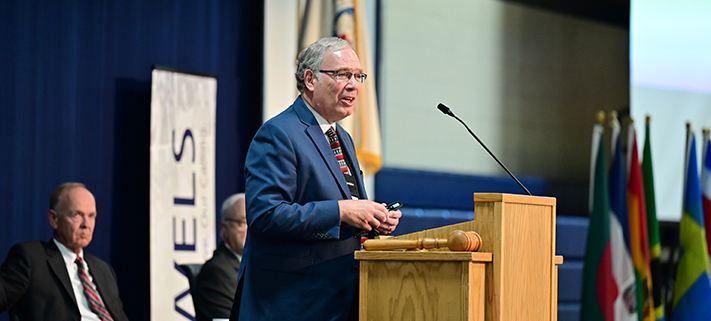
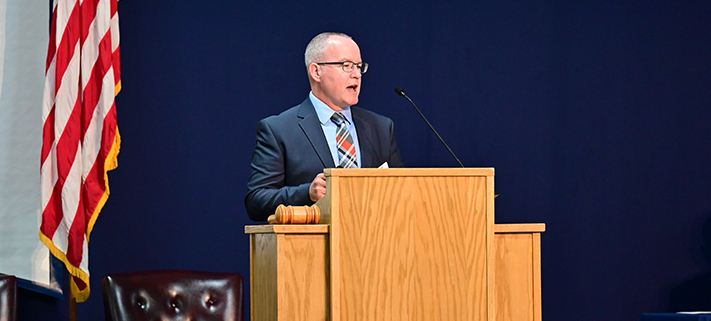
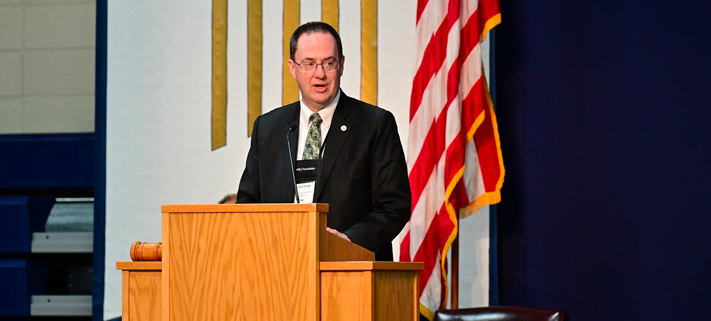
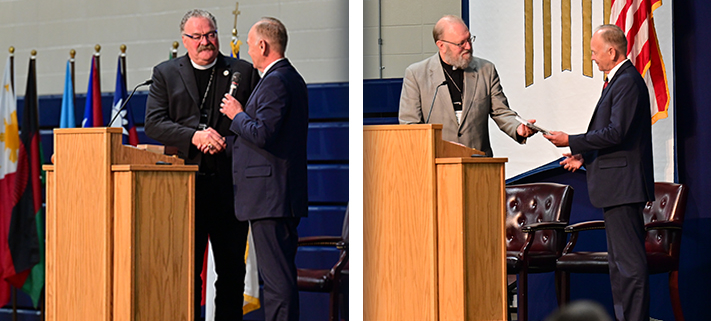
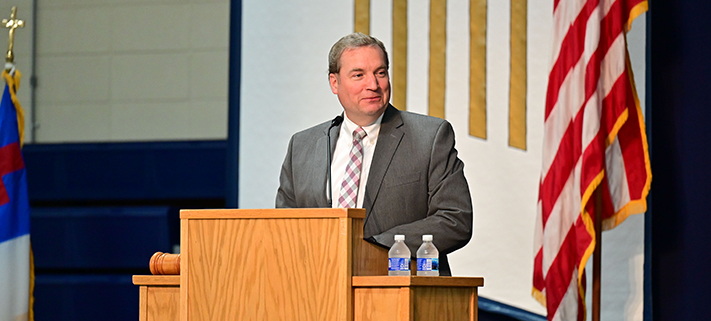
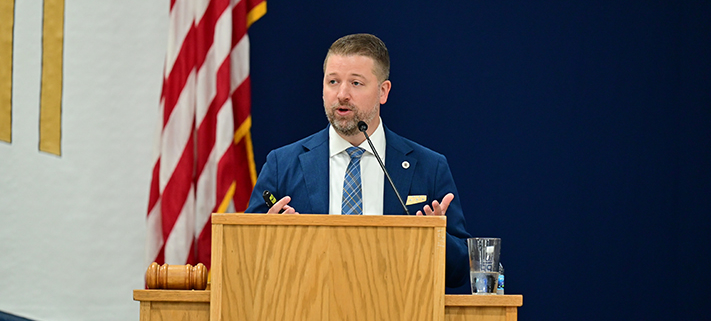
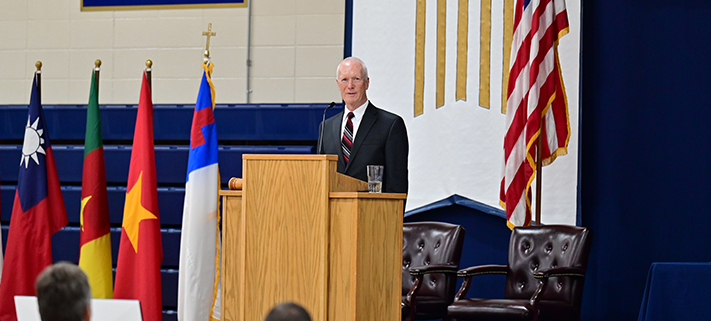
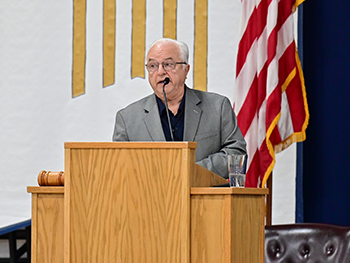 They also reelected Rev. Robert Pasbrig as recording secretary. He has served in this role since 2005.
They also reelected Rev. Robert Pasbrig as recording secretary. He has served in this role since 2005.